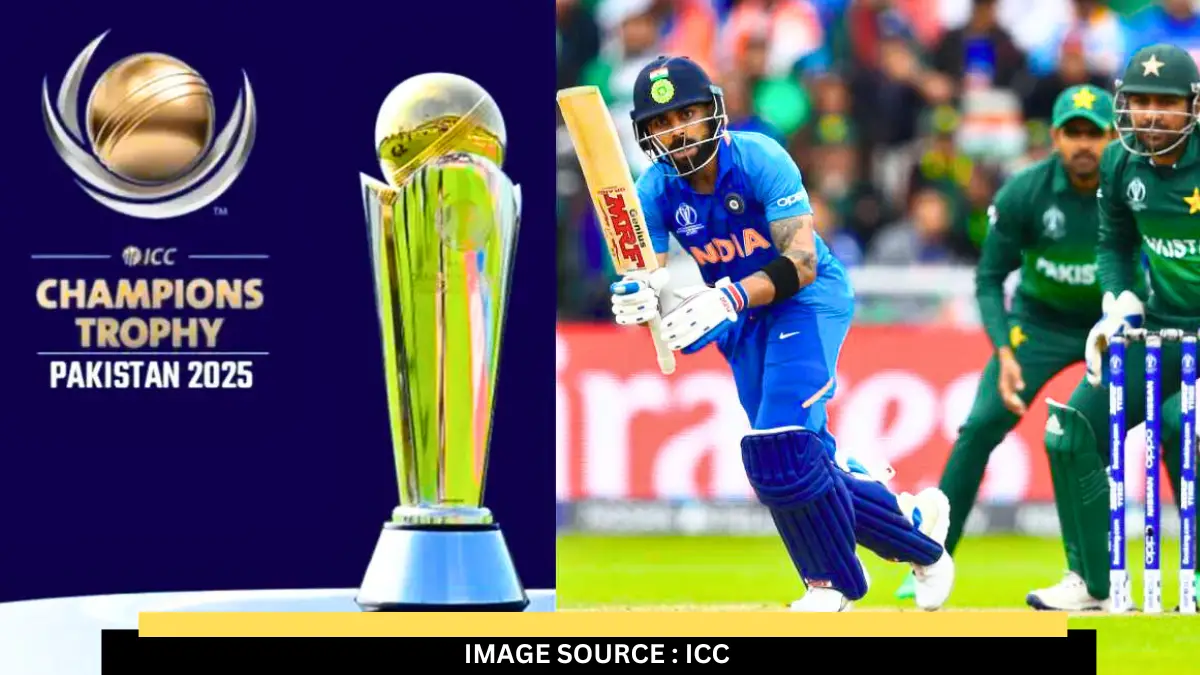The ongoing tension between the Board of Control for Cricket in India (BCCI) and the Pakistan Cricket Board (PCB) over the 2025 ICC Champions Trophy is a major talking point in cricket circles. With political undertones deeply affecting sports relations between India and Pakistan, the two countries’ cricket boards find themselves at odds once again over participation and hosting rights for the Champions Trophy scheduled to be held in Pakistan.
The BCCI has reportedly expressed concerns about sending the Indian team to Pakistan due to security and diplomatic issues, noting that it might not be feasible for India to participate in a tournament hosted by Pakistan. India’s hesitation to travel stems from broader political tensions between the two countries, which have seen limited bilateral cricketing engagement in the last decade, mainly restricted to ICC events and the Asia Cup, often played at neutral venues.
As a result, the BCCI has suggested either shifting the tournament to a neutral venue or implementing a “hybrid model” where India’s matches would be held at an alternative location outside of Pakistan.
In response, the PCB has taken a strong stance, rejecting the hybrid model outright. The PCB argues that Pakistan, as the official host nation for the 2025 Champions Trophy, deserves the right to conduct the event on its home soil. A hybrid model, they claim, would undermine Pakistan’s sovereignty as a host and create logistical complexities.
The PCB also emphasizes that hosting the Champions Trophy is an opportunity to showcase Pakistan as a safe and viable destination for international cricket. In recent years, Pakistan has successfully hosted teams like Sri Lanka, Bangladesh, and England, signaling a return of international cricket to the country after a long hiatus. Thus, any indication that Pakistan is not capable of hosting would be seen as a step backward for the nation’s efforts in restoring its position in world cricket.
From a global perspective, the International Cricket Council (ICC) is placed in a challenging position. The ICC’s primary objective is to ensure the tournament’s smooth conduct and the participation of all major cricketing nations, including India. Given that India is one of the largest revenue-generating markets in cricket, the ICC would be reluctant to see India miss out. However, shifting the tournament to a neutral venue could spark backlash from Pakistan, which could feel deprived of a rare opportunity to host a major ICC event. This dilemma puts the ICC in a tight spot, forcing it to balance diplomatic concerns with sporting commitments.
If India decides not to participate in the Champions Trophy, it could have broader implications for international cricket relations. The decision might set a precedent where teams refuse to travel to certain nations due to political differences, potentially fracturing the unity in cricketing circles. In a sport that thrives on global participation and competition, such division could lead to decreased tournament quality and fan engagement.
On the other hand, if the PCB sticks to its stance and the BCCI does not relent, the ICC may be forced to consider alternative hosting arrangements, including the possibility of moving the event to a third country. However, the PCB has made it clear that such an arrangement would not be acceptable. The board has emphasized that Pakistan, as a Test-playing nation and an ICC member, should have the same rights as any other host nation, with no compromises on its hosting privileges.
In conclusion, the Champions Trophy 2025 is more than just a cricket tournament; it is a litmus test for how the international cricket community can navigate political sensitivities while promoting global sportsmanship. Whether through diplomatic negotiations or structural adjustments, a resolution is critical not only for the tournament but also for the future of India-Pakistan cricketing relations. The cricketing world will be watching closely as the ICC, BCCI, and PCB work through these challenges, hoping for a solution that honors the spirit of the game while respecting national interests.










